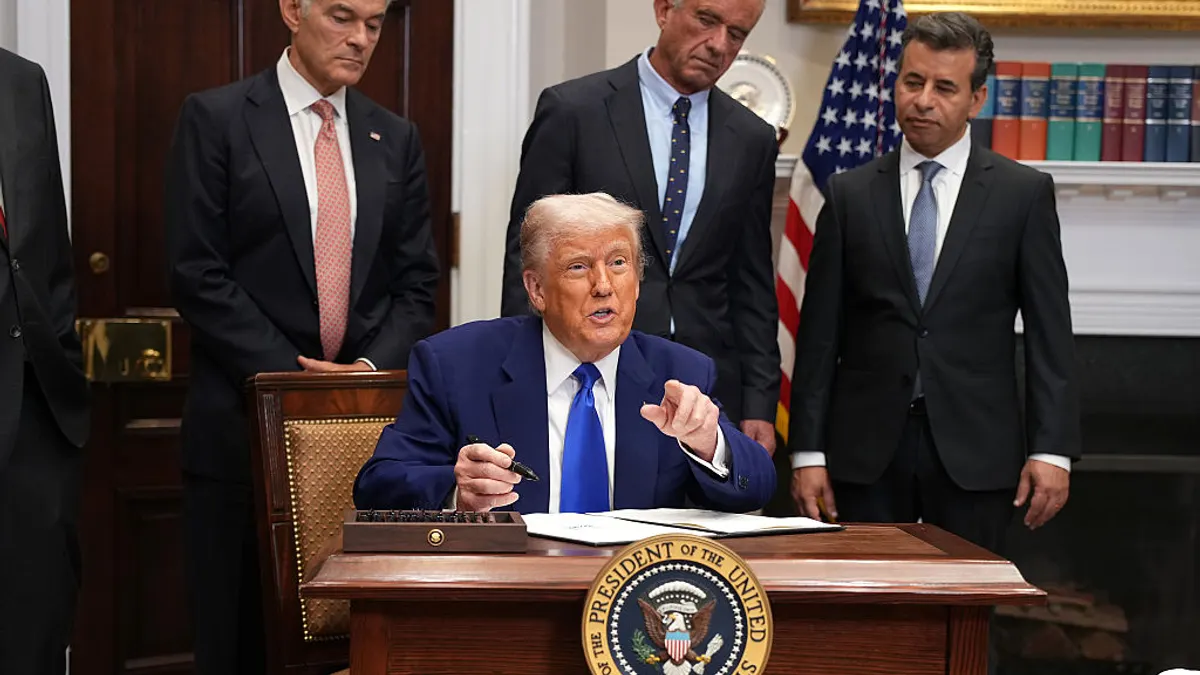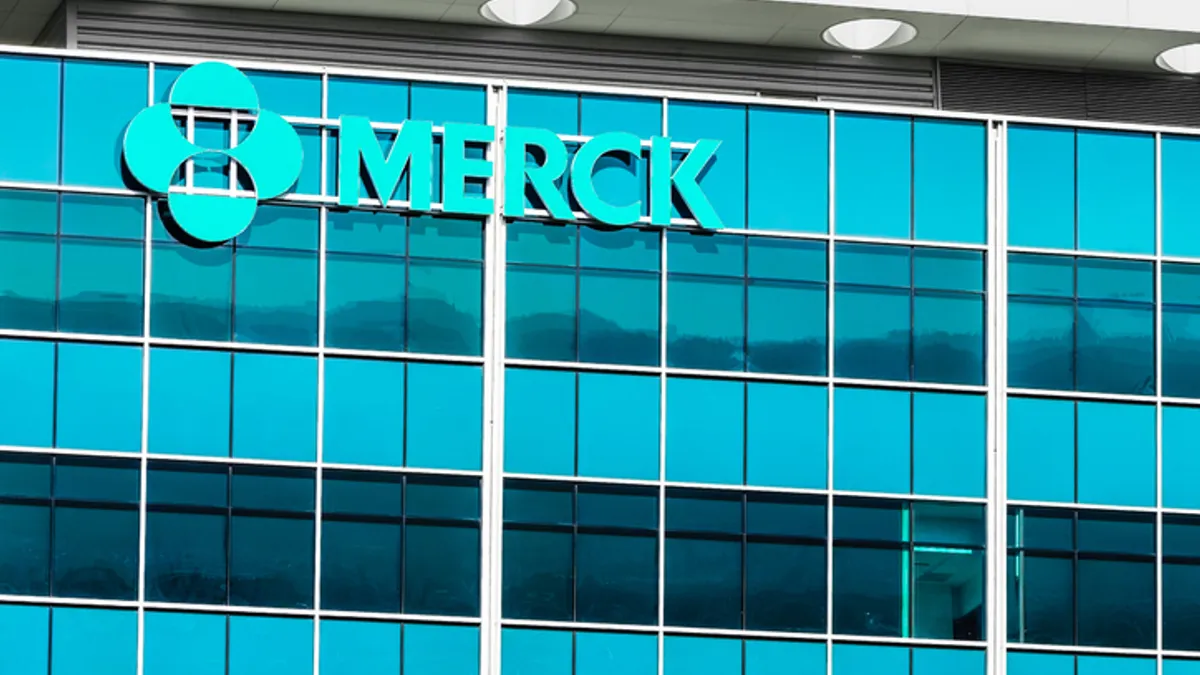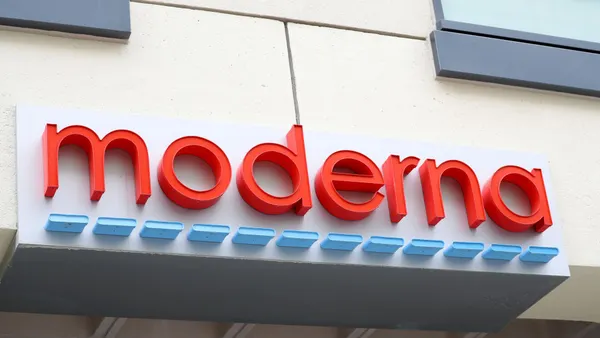President Donald Trump is bringing back a controversial policy idea from his first term targeting drug costs. The “most favored nation” policy would bring U.S. drug prices in line with the nation that pays the lowest price “anywhere in the world,” Trump said on social media this week. Implementing such a plan would reduce drug prices 30% to 80% “almost immediately,” Trump claimed.
However, there’s still a ways to go before the policy would take effect — and looking back at why the approach failed in Trump’s first term provides insight into the challenges ahead.
Through an executive order, Trump ordered HHS and its agencies to create a proposed rule to achieve the policy’s ends — a move met with immediate criticism from some members of Congress as well as the pharma industry.
The industry association PhRMA used the executive order as an opportunity to slam pharmacy benefit managers — their usual target — as the culprits for high drug prices in the U.S.
“The U.S. is the only country in the world that lets PBMs, insurers and hospitals take 50% of every dollar spent on medicines,” PhRMA president and CEO Stephen Ubl said in a statement. “The amount going to middlemen often exceeds the price in Europe.”
PhRMA also called the plan “a bad deal” that would threaten jobs, hurt the economy and place more reliance on China for America’s medicines. BIO similarly criticized the policy, calling it “deeply flawed” and arguing it would “devastate” the biotech industry.
The policy in a nutshell
Trump’s executive order claimed the U.S. funds three-quarters of global pharma profits despite holding just 5% of the world’s population. The president also claimed that drug manufacturers agree to the demands of other countries to offer lower prices, with Americans effectively subsidizing innovative medicines developed in America — “freeloading,” he called it.
As such, HHS Secretary Robert F. Kennedy Jr. is ordered to enable direct-to-consumer sales of drugs at the “most-favored-nation price.” HHS would create a mechanism to facilitate the sales directly from the manufacturer and bypass the middleman, according to a White House fact sheet.
If manufacturers don’t comply and offer the new prices, HHS would impose the most-favored-nation pricing outright. Trump noted he would target pharma companies that fail to comply.
“[S]hould drug manufacturers fail to offer American consumers the most-favored-nation lowest price, my administration will take additional aggressive action,” the order stated.
HHS is directed to give the new prices to drugmakers within 30 days of the order. With such a short turnaround to get the policy off the ground, many questions remain as to how it will be executed.
Wall Street analysts have wondered about HHS’ authority to enact such regulations if pharma companies don’t voluntarily comply, BioPharma Dive reported. Trump also said Monday that he believes Europe will feel pressure to raise drug prices as a result of the policy if drugmakers face lower revenues as a result, NPR reported.
How the policy will impact Medicare’s drug price negotiation program as established in the Inflation Reduction Act is still unclear. The government has already negotiated the first set of 10 drugs selected for the program, with implementation slated for next year.
Why it failed the first time
The revival of the most favored nation policy comes after Trump tried a similar tactic during his first term, but the new plan doesn’t follow the same lines. During his first term, the policy was limited to certain Medicare Part B drugs, but the new order is vague regarding which plans will be affected.
The policy was similarly challenged by pharma groups, including BIO, which won an injunction to stop HHS from implementing it in 2020. A handful of other court orders also stopped the rule from moving forward. When President Joe Biden came into office shortly thereafter, the new administration pulled back the policy.
Trump originally proposed the idea in 2018, but he only attempted to push it through in the last few months of his first term unsuccessfully.
Trump has also run into a lack of Republican support, who failed to add a most favored nation provision in their upcoming economic bill, several news outlets have reported. However, a bipartisan bill introduced in the Senate earlier this month would prohibit pharma companies from selling drugs in the U.S. at prices higher than the international average.
With Trump’s aims more wide-reaching this time, the policy is “almost certainly” expected to be challenged in court, where it may once again get shot down.











